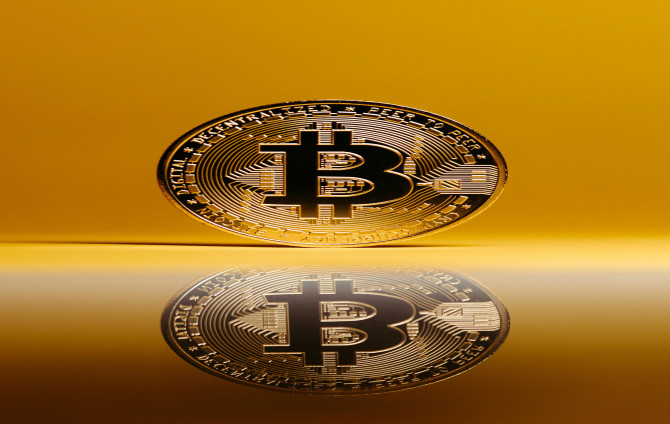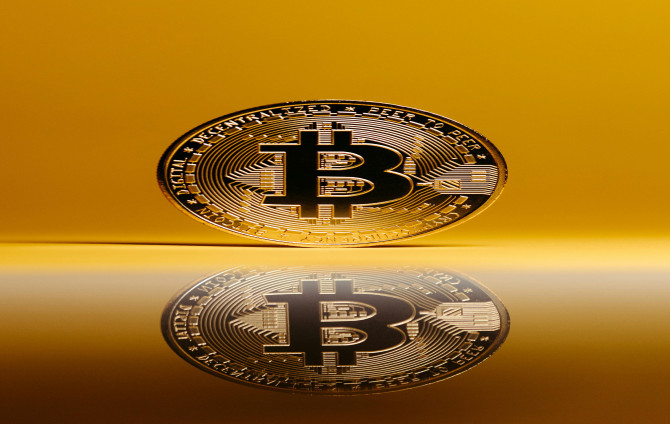
How Nigerians Are Bypassing the Cryptocurrency Ban: The Power of P2P Trading
In February 2021, the Central Bank of Nigeria (CBN) prohibited banks and other financial institutions from facilitating cryptocurrency transactions. However, Nigerians, ever resourceful, have continued to trade digital currencies, bypassing the ban through peer-to-peer (P2P) trading platforms. This workaround has made it difficult for the CBN to enforce its ban, with the global, decentralized nature of cryptocurrency creating an almost unstoppable momentum.
Let’s explore how Nigerians are using P2P platforms to navigate the ban and why it’s nearly impossible for regulators to halt the movement.
How Nigerians Are Bypassing the Ban with P2P Trading
P2P Trading Platforms: The Key to Staying Crypto-Active
What It Is: Peer-to-peer (P2P) trading allows users to buy and sell cryptocurrencies directly with one another without involving traditional financial institutions.
How It Works: On platforms like Binance P2P, Paxful, and LocalBitcoins, users list their buy/sell offers and specify their preferred payment methods (e.g., bank transfer, mobile money). Once terms are agreed upon, the payment is made outside the platform (via bank transfer), and the cryptocurrency is released from an escrow system once both parties confirm the transaction.
Why It Bypasses the Ban: Since the transaction occurs between individuals via direct bank transfers, the CBN's crypto restrictions are effectively sidestepped. Traditional banks aren’t involved in the crypto transactions, making them hard to trace.
Use of Stablecoins: Hedging Against Naira Instability
With the naira's ongoing devaluation, many Nigerians are opting to hold stablecoins like USDT (Tether), which are pegged to the US dollar. Stablecoins protect users against inflation and are easier to trade on P2P platforms. Nigerians can convert stablecoins into other cryptocurrencies or back into fiat currencies when needed, all outside traditional exchanges.
Decentralized Exchanges (DEXs): Trade Without Borders
Less commonly used than P2P platforms but equally effective, Decentralized Exchanges (DEXs) allow users to trade cryptocurrencies directly on the blockchain without a central authority. Platforms like Uniswap and PancakeSwap provide seamless trading, while decentralized wallets like MetaMask make cross-border transfers and decentralized trading accessible. The decentralized nature of these platforms means that they are resistant to censorship or control by any government.
Cross-Border Remittances: Crypto Over Traditional Transfers
Another popular use for cryptocurrencies in Nigeria is for receiving remittances. Instead of using services like Western Union, Nigerians receive cryptocurrency directly from family members abroad, sell it on P2P platforms, and convert it to local currency. This process entirely bypasses traditional financial channels and restrictions.
Why It’s Difficult to Stop P2P Crypto Trading
Bank-to-Bank Transactions Are Hard to Track
In P2P trades, payments are done through regular bank transfers between individuals. Since banks can’t see the specific reason for the transfer, they cannot easily detect whether it’s related to cryptocurrency. This makes it virtually impossible for the government to track crypto-related transactions unless they are flagged for unusual activity.
No Centralized Control
Unlike traditional exchanges like Coinbase or the non-P2P version of Binance, P2P platforms don’t hold users’ funds. Transactions happen directly between individuals, making it difficult for regulators to seize or block assets.
Global Nature of Cryptocurrency
Cryptocurrencies operate on decentralized networks, meaning no single government or entity can shut them down. Even if a country blocks access to certain exchanges, users can still access them using tools like VPNs to mask their location, continuing to trade as if nothing happened.
Public Resistance and Crypto’s Economic Necessity
The demand for cryptocurrency in Nigeria is largely driven by economic challenges like currency devaluation, high inflation, and limited access to foreign currency. Cryptocurrencies offer Nigerians a way to preserve wealth and conduct cross-border transactions, making them vital. Any attempt to enforce a ban is likely to face strong public resistance, given the real-life financial needs crypto solves.
Escrow Systems: Built-in Security
P2P platforms typically use escrow systems that hold the cryptocurrency until both the buyer and seller confirm the trade. This adds a layer of security and transparency, ensuring both parties meet their obligations without involving a centralized third party. This security feature makes it even harder for regulators to track or stop the transactions.
Encrypted Messaging and Social Media Trading
Some traders conduct P2P transactions outside formal platforms, using encrypted messaging apps like WhatsApp or Telegram to connect and negotiate deals. These decentralized communication methods are hard to monitor, adding another layer of resilience to the P2P trading ecosystem.
Long-Term Implications: Why the Ban May Be Ineffective
Economic Pressures Continue to Drive Crypto Adoption
With the Nigerian naira continuing to lose value, many Nigerians will increasingly turn to cryptocurrencies as a hedge against inflation and economic instability. As long as these pressures exist, people will find ways to bypass any restrictions.
Growing Awareness and Education
More Nigerians are becoming knowledgeable about blockchain technology and crypto. This growing awareness makes it more difficult for authorities to enforce bans, as users become savvier in finding new platforms, tools, and methods to trade.
Technological Barriers to Control
While governments can block certain websites or platforms, they cannot stop blockchain-based transactions. As decentralized finance (DeFi) grows in popularity, more people will interact with financial markets directly without relying on centralized intermediaries. This makes long-term enforcement of the ban highly unlikely.
Conclusion: The Future of Crypto in Nigeria
The decentralized and peer-to-peer nature of cryptocurrencies, combined with Nigeria's economic realities, makes it increasingly difficult for the government to prevent citizens from using digital currencies. As cryptocurrency adoption continues to grow, P2P trading platforms will remain central to how Nigerians interact with digital assets, safeguarding their wealth in the face of ongoing financial challenges.
Take control of your financial future today. Visit Bitzwap.com and discover how you can securely trade cryptocurrencies on the P2P marketplace, no matter the restrictions. The decentralized world of crypto is just a click away!



